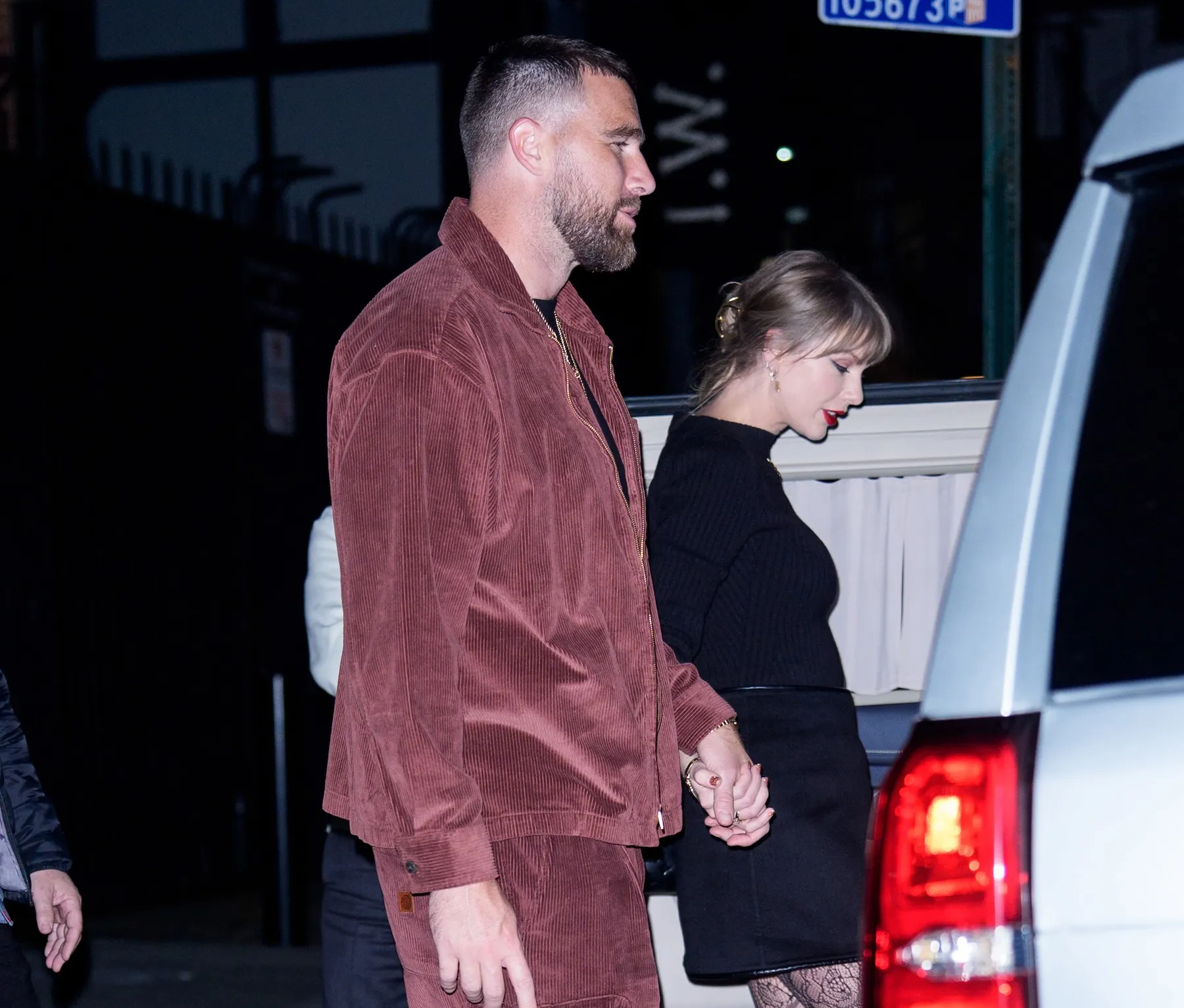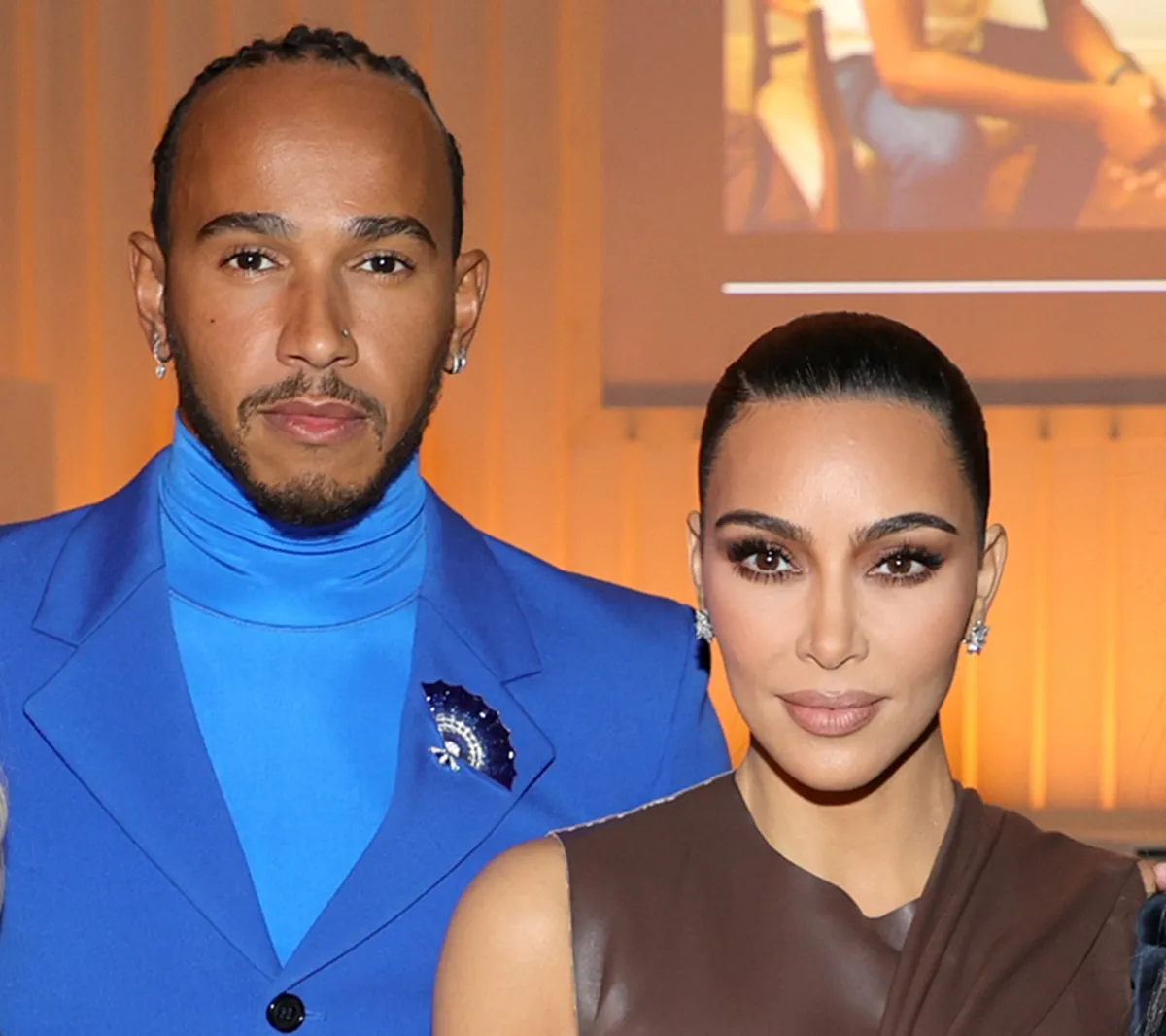‘Love on the Spectrum’: Some Fans Criticized the Show for ‘Patronizing’ Toward People with Autism
You’ve got to give Netflix props for even attempting a reality show as ripe for controversy as Love on the Spectrum.
If you’re not familiar with this one, it’s a pandemic fan favorite that showcases autistic–people on the spectrum–singles looking for love in a five-part series.
And while most of the responses to this Australian show is overwhelmingly positive, there is a fair amount of criticism, too — but probably not what you’d expect.
What exactly is the autism spectrum?
Individuals who are on the autism spectrum range from severely neurologically challenged to successful, high-functioning people with no easily discernible traits of autism.
If you ever watched the ABC series The Good Doctor, that was a pretty good representation of a high-functioning person who was on the spectrum.
Some of your favorite TV characters were on the spectrum
Sheldon Cooper on The Big Bang Theory is hands-down the most well-known TV character on the spectrum. Although the show never flat-out confirmed that Sheldon was on the spectrum, the character was a checklist of spectrum traits — his inability to empathize was a particular sore point among fans of the show.
Another fan-favorite, Dr. Temperance Brennan of Bones was a more nuanced character representation. Again, there was never a mention of Asperger’s–the diagnosis for being on the lower end of the spectrum in the early 2000s.
Real-life celebrity romance
Comedian Amy Schumer told the world that her husband, Chris Fischer, was diagnosed as being on the autism spectrum soon after their 2018 marriage.
Some fans thought that publicly sharing that was disrespectful to his privacy, but she spoke of the diagnosis in positive terms and said that raising awareness was the best thing she could for her husband and her fans.
Is ‘Love on the Spectrum’ patronizing to people on the spectrum?
Lots of writers in the spectrum community feel like the show is actually patronizing to the participants, according to Spectrum News. The criticism ranges from minor issues with production–that the music is “infantilizing” and reminiscent of kittens and babies rather than adults conducting adult romances — to real problems that the team does not treat the cast like responsible adults.
One couple, Jimmy and Sharnae, made the decision to move in together. The production staff actually asked if they had “consummated their relationship.”
It’s fair to say that everyone, whether on the spectrum or not, found that to be a horribly uncomfortable moment in TV history.
Writer Sarah Kurchak said in Time that some of the depictions on the show — quirky clothing, eccentric hobbies and interests, and that awful music — are patronizing, and are not accurate examples of life among the neuro-atypical.
She’s on the spectrum herself and overall thought that the show was a solid step toward demystifying life on the autism spectrum. She also found the cast to be too white and too straight, but admitted that’s a problem with TV in general.


